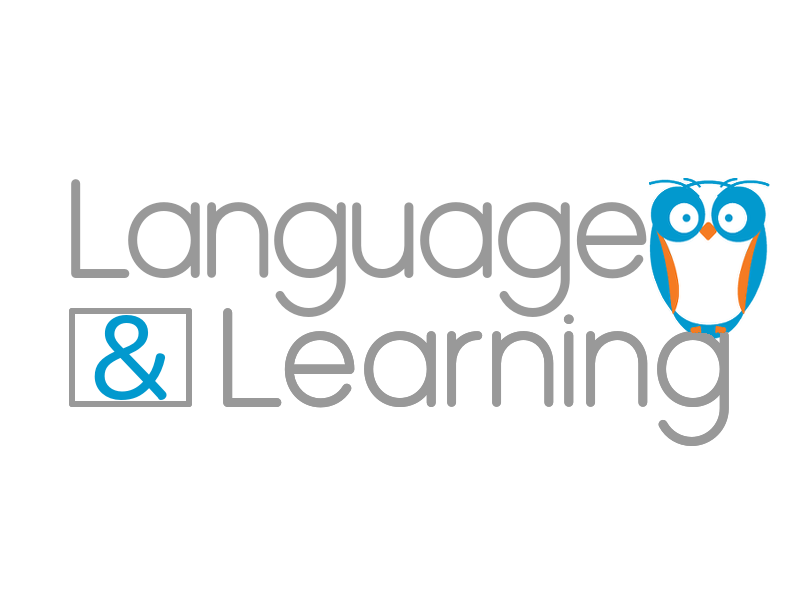How is it defined and diagnosed?
The Individuals with Disabilities Education Act (IDEA) defines a specific learning disability as:
”(A) IN GENERAL – The term ‘specific learning disability’ means a disorder in 1 or more of the basic psychological processes involved in understanding or in using language, spoken or written, which disorder may manifest itself in the imperfect ability to listen, think, speak, read, write, spell, or do mathematical calculations.
”(B) DISORDERS INCLUDED – Such term includes such conditions as perceptual disabilities, brain injury, minimal brain dysfunction, dyslexia, and developmental aphasia.
”(C) DISORDERS NOT INCLUDED – Such term does not include a learning problem that is primarily the result of visual, hearing, or motor disabilities, of mental retardation, of emotional disturbance, or of environmental, cultural, or economic disadvantage.” (http://idea.ed.gov/download/statute.html)
According to the IDEA, a specific learning disability diagnosis may be given when there is a significant discrepancy between achievement and cognitive capabilities or based on the student’s “response to intervention” (RTI). The RTI process varies locally, but is generally aimed at evaluating a child’s response to “scientific, research-based instruction” in determining whether or not a specific learning disability is present. Essentially, RTI serves the purpose of reducing over-identification through ruling out inferior educational opportunities as the reason for a learning disability diagnosis.
The following describes the reason for the RTI model as stated in Congressional IDEA hearings:
“There is no evidence that the IQ–achievement discrepancy formulas can be applied in a consistent and meaningful (reliable and valid) manner. In addition, this approach has been particularly problematic for students living in poverty or culturally and linguistically different backgrounds, who may be erroneously viewed as having intrinsic intellectual limitations when their differences on such tests really reflect lack of experience or educational opportunity.” (http://www.asha.org/advocacy/federal/idea/04-law-specific-ld/)
What skills are impacted by a learning disability?
We feel it’s important to start by stating that a learning disability is not a cognitive disability. In fact, many people refer to learning disabilities as a learning difference because of this. While eligibility criteria are complex, most individuals with specific learning disabilities have average or superior cognitive skills, and can be highly gifted in many ways. In general, an individual with a learning disability is someone who, despite intellectual capabilities, has difficulty developing the foundational skills required for academic success. Many children with learning disabilities have impairments in reading, spelling, writing, spoken language, and/or math. As a result, you may hear a variety of terms referring to impairments as a result of or related to a learning disability, such as:
Dyslexia: a specific problem with the written word
Dyscalculia: a specific problem with mathematical skills
Dysgraphia: a specific problem with fine motor skills (impacting handwriting)
Central auditory processing disorder: a problem with the central processing of language. Visit our Language Skills page to learn more about the difference between a central auditory processing disorder and auditory processing as a linguistic skill (often referred to as a language processing disorder).
Nonverbal learning disability: a specific problem with learning non-linguistic skills (motor and visual-spatial skills, including nonverbal social cues)
Visual motor deficit: a specific problem with understanding and using visual information
Attention deficit hyperactivity disorder (ADHD): difficulty controlling attention and impulsivity. ADHD is not a type of learning disability, but is often associated with the diagnosis.
Dyspraxia: difficulty with motor movement and coordination (impacting speech skills). Dyspraxia is not a type of learning disability, but can be associated with the diagnosis.
Another term often used to describe impairments associated with a specific learning disability is “language-based learning disability”. This term refers to the variety of underlying linguistic skills that may be impacted for an individual with a learning disability. Refer to our Language Skills page for more information about each of these aspects. For dyslexia in particular, this may be a more appropriate description of their impairment. Because of the interrelatedness of verbal and written language, most children with dyslexia also have difficulty with comprehending or producing spoken language.
If you or your child has been diagnosed with a learning disability, Contact us to find out more about what a speech-language pathologist at Language & Learning can do to help.
References
http://www.asha.org/advocacy/federal/idea/04-law-specific-ld/
http://www.ldaamerica.org/
